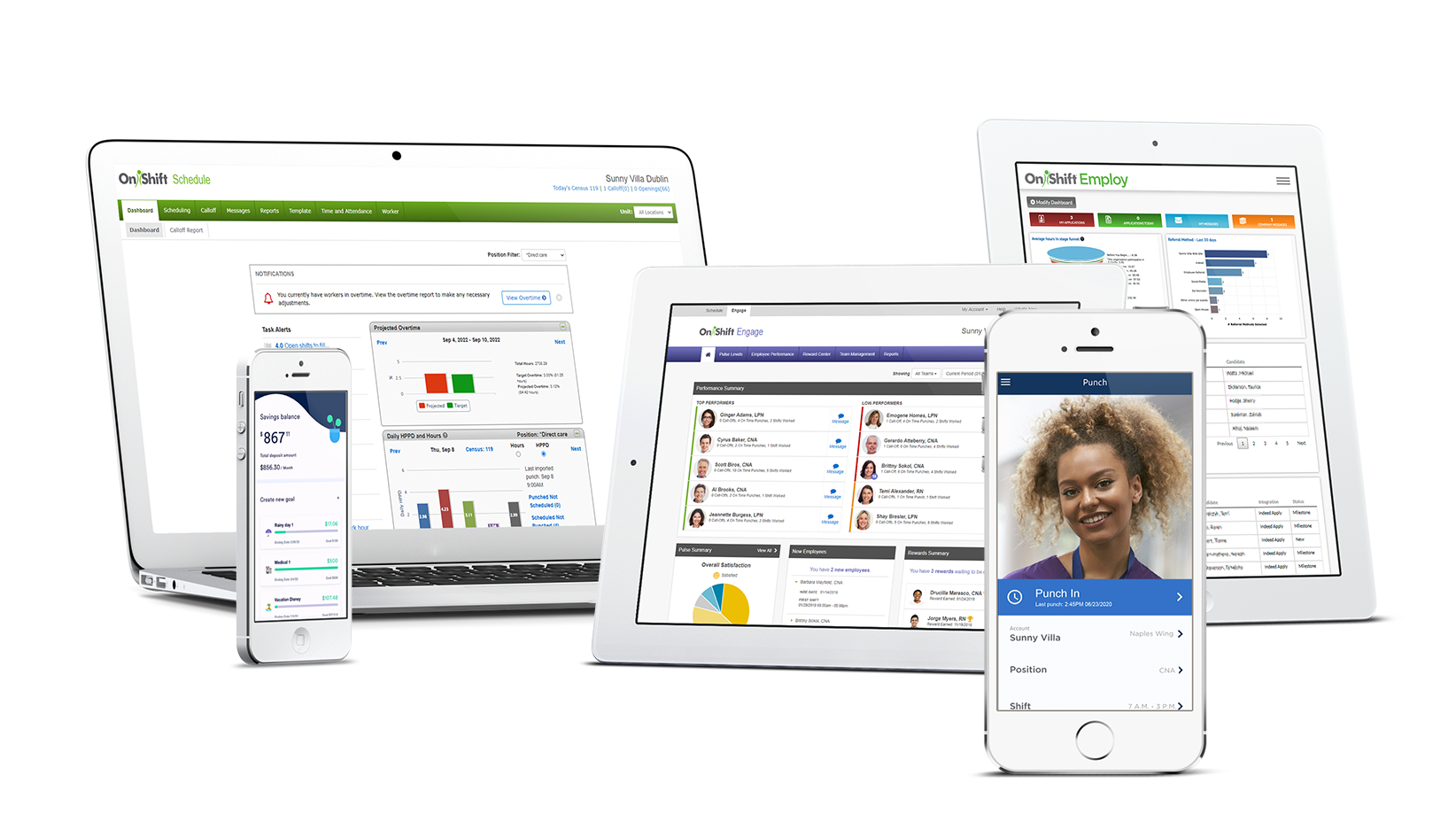December 8, 2014 | Marti Bowman
December 8, 2014 | Marti Bowman
 Did you ever get that coughing-sneezing-aching-itchy throat-headache feeling? That’s all thanks to our little friend, the flu. This year’s flu season is expected to be one of the strongest ever. Look out! The flu can be especially dangerous and disruptive for those in long-care and senior living communities.
Did you ever get that coughing-sneezing-aching-itchy throat-headache feeling? That’s all thanks to our little friend, the flu. This year’s flu season is expected to be one of the strongest ever. Look out! The flu can be especially dangerous and disruptive for those in long-care and senior living communities.
The CDC has made available some helpful resources to prevent the spread of the flu, including some guidelines specific to healthcare providers. And because it's National Influenza Vaccination Week, I wanted to share a few of their recommendations to help stave off the flu.
Be Prepared for Employee Call-Offs
Despite careful precautions, people will still get sick. You may notice employees calling in sick at the last minute or needing to stay home to care for a child who’s come down with the flu.
Be prepared for last-minute employee call-offs. When a call-off occurs, schedulers should first check the schedule to make sure the open shift needs to be filled. If so, cast a wide net when notifying staff about the opening. Communicate the available shift to all qualified and available employees, rather than going to the same employee(s) time and again which typically results in costly overtime.
The flu season can be a dangerous time for employees and residents alike. Give the flu a 1-2 punch by following tips from the experts at the CDC and getting proactive with your staff scheduling practices so you are prepared when sick calls occur.
Top photo by marin from Freedigitalphotos.net
Subscribe to the OnShift Blog
Recent Posts
Categories
About Marti Bowman
As Chief Marketing Officer, Marti brings significant experience leading go-to-market strategies, product marketing, communications and PR programs for technology startups as well as Fortune 500 organizations. Prior to OnShift, Marti was a principal product director at Oracle, where she drove global go-to-market strategies for the Oracle Fusion Middleware product portfolio. She joined Oracle through the acquisition of BEA Systems, where she was a product marketing manager.
See for yourself why thousands of providers rely on OnShift’s innovative software for recruitment, hiring, workforce management, pay and engagement. Request your personalized demo today.
